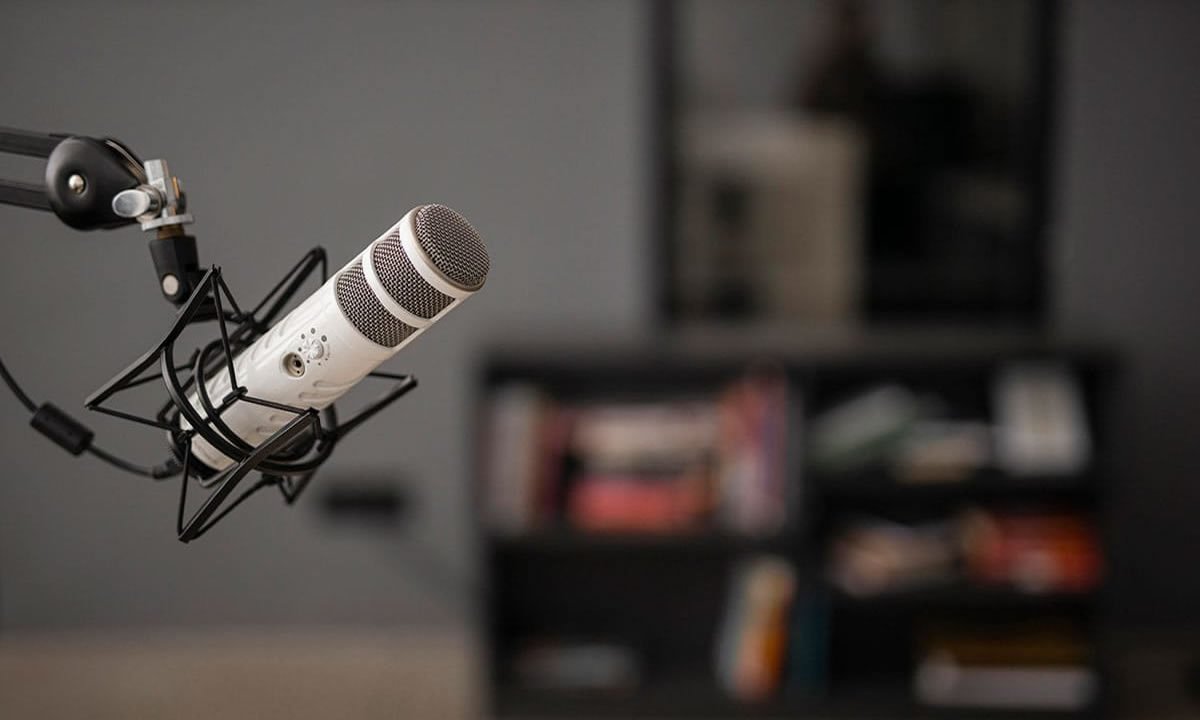
High-Stress Communication Tips for Doctors w/ Dr. Resa Lewiss (Ep. 48)
Home > Episode Library > Episode #48
Dr. Resa Lewiss, emergency physician and co-author of MicroSkills: Small Actions, Big Impact, joins Nate Crannell to dive into the power of effective communication in high-pressure settings. They explore strategies for compassionate communication, managing meetings, and preventing burnout. Dr. Lewiss also shares insights on prioritizing self-care, mastering feedback, and the art of networking—all crucial for maintaining a healthy work-life balance. If you’re ready to level up your interactions and reduce stress, this episode is a must-listen!
EPISODE 48
Embracing Micro Skills to Navigate Burnout and Reclaim Joy in Medicine
Physicians often face the challenge of juggling a fast-paced, high-stakes profession with an overwhelming to-do list that extends beyond patient care. It’s common to feel as though the systems we work within are so vast and entrenched that individual influence seems impossible. Yet, even in the most structured environments, the concept of "micro skills" — small, deliberate actions — can help doctors regain control, foster well-being, and boost efficiency. These principles provide a framework for navigating day-to-day tasks while preserving joy in the practice of medicine.
The Power of Delegation and Prioritization
In medicine, as in life, many physicians carry the weight of feeling responsible for everything. This mindset, often ingrained during training, perpetuates the belief that there is no room for error or delegation. However, the reality is that not every task on your list needs to be completed by you. Physicians who learn to differentiate between essential responsibilities and those that can be delegated are better positioned to maintain their energy and focus on what matters most — patient care and personal well-being.
This shift in perspective requires a conscious effort to examine daily responsibilities and ask, "What can I delegate? What can I drop altogether?" The answer often lies in understanding the true impact of each task. The busywork that doesn’t contribute meaningfully to patient outcomes or personal satisfaction can be let go. For instance, administrative duties or less urgent emails can be managed by support staff or scheduled for a time when the cognitive load is lighter.
Compassionate Communication and Email Etiquette
Communication is a cornerstone of effective practice. However, many physicians are surprised to learn that something as routine as email can either contribute to burnout or alleviate it. Crafting "compassionate emails" is one such micro skill that can drastically reduce the stress on both the sender and the recipient.
Rather than sending emails at all hours, particularly during nights and weekends, consider the recipient’s inbox and well-being. While an urgent message may feel critical in the moment, scheduling non-emergent emails to send during normal working hours respects colleagues' time and mental space. This small shift in behavior can create a more respectful and less stressful communication culture within teams.
Furthermore, being thoughtful about your email language can reduce miscommunication and the emotional burden on others. Avoid passive-aggressive tones and be mindful of how a recipient might interpret your message. A simple "thank you" or a line of gratitude can go a long way in making professional exchanges more human and less transactional.
Cultivating a Positive Meeting Culture
Meetings are often unavoidable, but they don’t always need to be long or draining. Many meetings, scheduled out of habit rather than necessity, can be significantly shortened or replaced by other forms of communication, such as collaborative documents or quick check-ins.
One strategy to boost efficiency is to schedule meetings for times of day when you’re less likely to be doing your most critical thinking, such as the afternoon. This frees up the morning — a time when most people are more focused — for work that requires greater concentration. Physicians can also advocate for shorter, more focused meetings. Instead of an hour-long discussion, aim for 15 or 30 minutes with a clear agenda and purpose.
Another way to regain control of your schedule is by setting fixed blocks of time for specific types of meetings, such as mentoring sessions or team huddles. When these time blocks are filled, further meetings can be pushed to the following week, reducing the risk of feeling overwhelmed by back-to-back commitments.
Burnout and the Role of Deliberate Rest
Burnout is a pervasive issue in medicine, particularly for physicians who constantly feel on the go, sacrificing sleep, social interactions, and personal time to meet the demands of their careers. But burnout is not simply the result of working long hours. It stems from an imbalance between work demands and the restorative activities that recharge our mental and physical health.
Incorporating "deliberate rest" into daily routines is a crucial antidote to burnout. Deliberate rest isn’t just about getting enough sleep (although that’s a foundational element). It also means taking time to engage in activities that bring joy and rejuvenation, such as spending time outdoors, engaging in physical exercise, or reading something purely for pleasure. These activities offer a break from the constant demands of the medical profession and create the mental space needed to approach work with renewed energy.
Moreover, being intentional about gratitude, whether through small acts like writing thank-you notes or simply reflecting on positive aspects of the day, can shift your mindset. Gratitude has been shown to improve resilience and reduce stress, helping physicians stay grounded even during challenging times.
Leveraging Feedback and Growth for Sustainable Practice
Receiving and giving feedback is a key element of growth, but it can often be fraught with tension. One helpful micro skill is to focus on "just one thing" when seeking feedback. Instead of asking for broad evaluations, asking someone for one specific point of feedback — whether it’s something you did well or an area for improvement — makes the process less overwhelming and more actionable.
On the flip side, when providing feedback, aim for honesty combined with kindness. A common but flawed approach is the "feedback sandwich," where criticism is bookended by positive comments. While this method may seem polite, it can come off as disingenuous. Instead, focus on being direct but compassionate, ensuring that the recipient feels supported rather than undermined.
By approaching feedback with care, both giving and receiving become opportunities for meaningful growth without damaging relationships or morale.
Small Changes Can Make a Big Impact
Physicians are constantly faced with pressures that extend beyond patient care, from administrative burdens to workplace dynamics. While systemic change is necessary to fully address physician burnout, small, individual actions can make a big difference. By adopting micro skills like compassionate communication, mindful delegation, and deliberate rest, doctors can reclaim their sense of agency, reduce burnout, and rediscover joy in their work.
ABOUT Dr. RESA E. LEWISS
Resa E. Lewiss MD is a Professor of emergency medicine at the University of Alabama at Birmingham, TEDMED speaker, TimesUp Healthcare founding member, designer, entrepreneur, and award winning educator, mentor, and point-of-care ultrasound specialist. She studied at Brown University, the University of Pennsylvania School of Medicine, the NIH Howard Hughes Research Scholars Program, Harvard Emergency Medicine, and Mount Sinai St. Luke’s Roosevelt.
She hosts the Academic Emergency Medicine Education & Training podcast, and her own The Visible Voices Podcast, amplifying content in the healthcare, equity, and current trends spaces. Her writing is widely published in science journals and the popular press. She has written for CNBC, Fast Company, Harvard Business Review, Nature, the Philadelphia Inquirer, and Slate. Her podcast has been featured in the Guardian, the Philadelphia Inquirer, and the Brown Alumni Monthly. Her co-authored book, MicroSkills: Small Actions, Big Impact, (HarperCollins) was published in April 2024.

Get with D&D Podcast guests & other money-minded physicians to speak up, ask on, discuss, and digest knowledge on a broad range of topics related to finances.
Whether you are in medical school, residency, an early career doc, or an established physician we want this group to be the place where you can feel free to get the clarity you need about your finances. On a weekly basis we provide content on new trends, deliver resources that are trusted & reliable, and spark discussions on financial topics that we know are important to you.



